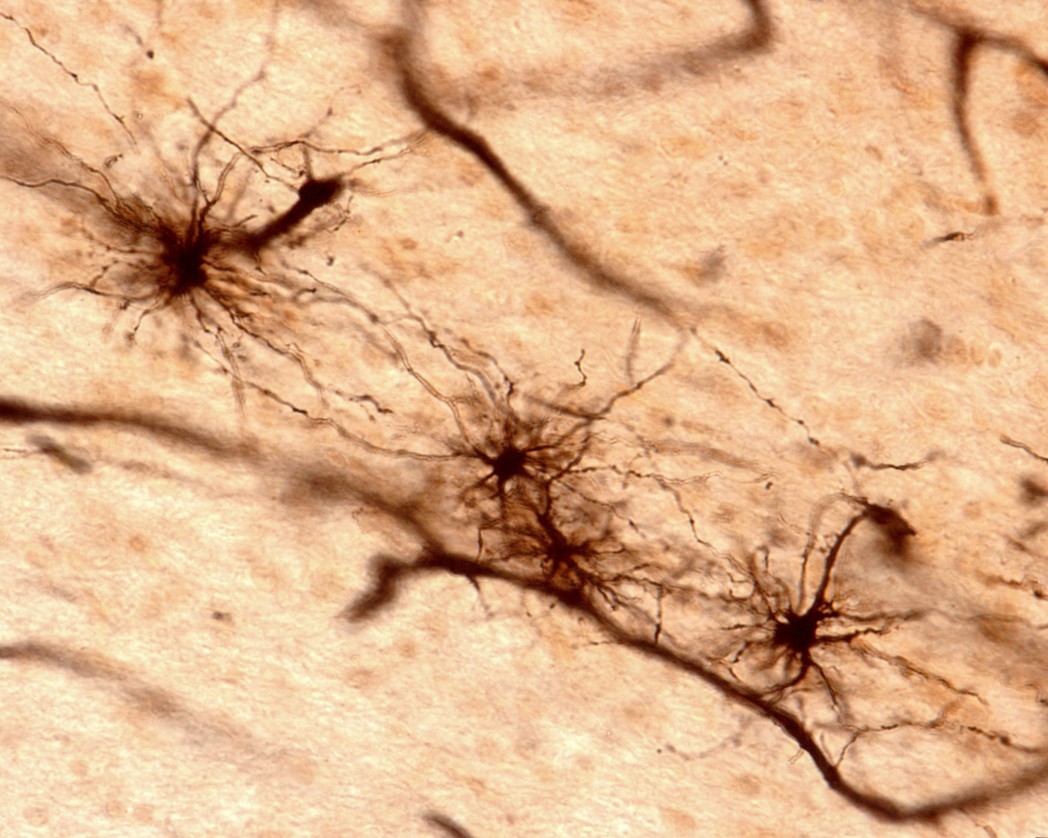ALS Gene Variant May Be Accelerating Disease in One-Third of Patients
Written by |

 A team of researchers from the Penn State College of Medicine found that a specific gene variant found in a third of patients with Amyotrophic lateral sclerosis (ALS) is associated with faster disease progression. The results were found in mice models of ALS carrying only this gene variant, compared to mice that had the standard ALS disease model.
A team of researchers from the Penn State College of Medicine found that a specific gene variant found in a third of patients with Amyotrophic lateral sclerosis (ALS) is associated with faster disease progression. The results were found in mice models of ALS carrying only this gene variant, compared to mice that had the standard ALS disease model.
In previous investigations, the team of researchers found high levels of iron in patients with Parkinson’s and Alzheimer’s disease. Furthermore, they found a relationship between ALS and increased iron accumulation. Now, the researchers found that 30% of ALS patients have a genetic variant called HFE, associated with iron excess disease. In the study, the researchers compared mice with the HFE gene to standard ALS mice models and found that the mice carrying HFE achieved worse results on tests of forelimb and hindlimb grip strength. Moreover these mice were found to have a 4% decrease in their life-span.
In a recent news release James Connor vice chair of neurosurgery research and director of the Center for Aging and Neurodegenerative Diseases said, “When we followed the disease progression and the behavior of our crossbred mice compared to the standard mice, we saw significant differences,”
“The disease progression was much faster in the crossbred mice than in the standard mice. What we found is that when ALS happens in the presence of the HFE gene variant, things go downhill more quickly,” Connor added.
Additionally, the researchers found that mice with HFE gene had increased levels of oxidative stress and microglial activation, which contributes to the inflammation characteristic of ALS progression. “They can make things worse instead of better,” Connor said in the news release.
 “It’s a much worse environment when the gene variant is present,” Connor said in the news release. “This makes it much easier for the disease to take off. This new discovery could potentiate the devepoment of target durgs in ALS patients who have this H63D HFE accelerated form of the condition.”
“It’s a much worse environment when the gene variant is present,” Connor said in the news release. “This makes it much easier for the disease to take off. This new discovery could potentiate the devepoment of target durgs in ALS patients who have this H63D HFE accelerated form of the condition.”
“There might be drugs out there that work for 70 percent of the ALS population even though the studies don’t show that when all of the data are looked at without consideration of the genetic background. How a drug is going to work on a carrier of the gene variant could be worse or it could be better, but it’s likely going to be different,” Connor said in the news release.
The study entitled “H63D HFE genotype accelerates disease progression in animal models of amyotrophic lateral sclerosis”, was recently published in the journal BBA Molecular Basis of Disease.





